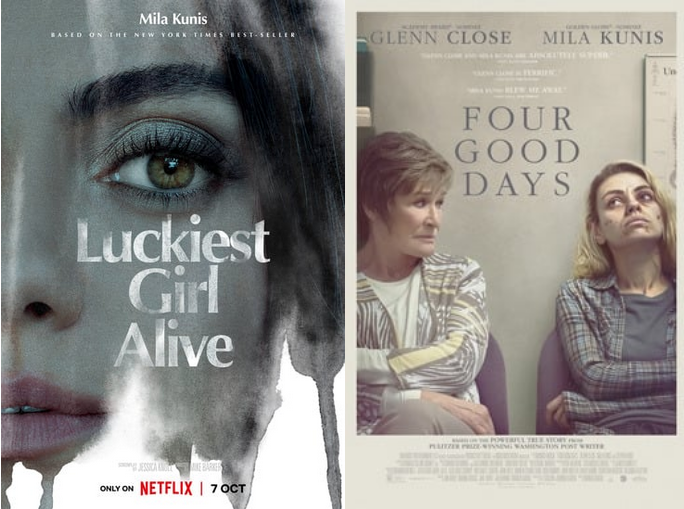Consider Phlebas is classic sci-fi, and something I’m less familiar with than the classics in fantasy.
But, I try to exercise my genre core, picked this up with bit of ‘read-harder’ spirit. That, and the fact that I wanted to read more books with AIs because I was fleshing out my own.
The main character, Horza, ends up in one disastrous situation after another. Horza’s a Changer, a shape-shifting species that is extremely rare throughout the galaxy.
War is raging across the galaxy, billions have died, billions more doomed. The Idirans are fighting for their militant faith and the Culture for its moral right to exist.
Considering that the blurb said, “Principles were at stake. There could be no surrender.” the story itself was very anticlimactic.
Honestly, I was bored for most of the book.
Which is odd considering that there was…
- a torture chamber filling with liquid waste,
- a deep space shoot-out,
- getting captured by space pirates,
- attacking a monastery with guns blazing and it turning into a complete massacre,
- making a daring escape in a spaceship,
- being trapped on an island with religious cannibals who were gonna eat you,
- the planned destruction of a mega-colony ship,
- a Mind that’s fighting for its existence and tricking everyone into thinking it died or went somewhere else when it was doing some Einstein-level evasive manoeuvrers…
Even with all that happened, I was still bored.
The complicated names also made it really hard to a) know who was who and b) connecting with the characters or caring about them.
The cannibals was fascinating in an uncomfortable and cringing kind of way. The card game being played to the death was one of the best ideas for how tech could be used if it develops enough.
But those were about the only two times I was really paying attention.
Did I enjoy it?
Uh… some, yeah. Not to a point where I’d read it again, but I do love the ways in which technology is depicted.
Too much explanation is a genre issue in sci-fi, where authors like to explain things like it’s a lecture. This was no exception.
Which, in one way was interesting because I read this with research in mind, but was also boring because it slowed the pace.
You get long asides about the worlds, the politics, the war, and the characters’ thoughts. The omniscient narrator excitedly goes on tangents and small points to the detriment of the plot.
Horza talking to the ship and ultimately “betraying” it was intriguing. As was the mega-colony ship as an idea.
The end is super anticlimactic for everything we go through and didn’t give me a lot of confidence in reading more of the Culture series.
I have heard that it gets better, that the first book or two are slow to build, but that it eventually is worth it.
I just haven’t decided if it’s worth my time yet to wait for it to get good while reading.
Rapid-fire round:
- Did the book meet your expectations? It was more boring than I’d hoped.
- Who was your favourite character in the book and why? Oona Harclosp is a legend.
- Who was your least favourite character in the book and why? That king of the cannibals, it was just too creepy, and with the voice acting *shudder*.
- Did you relate to any of the characters? Oona Harclosp, if she had eyes, she’d be rolling them as hard as I do sometimes.
- What themes or messages did you take away from the book? It was an interesting take on sentient AI even though the Mind was barely featured.
- Was there anything in the book that surprised you or that you didn’t expect? The cannibals were more dystopian, everything else was very standard sci-fi.
- What did you think of the ending of the book? It was so anti-climactic, even when the blurb says how it’s gonna end.
- What do you think the author’s intention was with the book? What message or theme do you think they were trying to convey? I like that idea of sentient AI outsmarting everyone by basically doing advanced maths.
- Which part of the book did you find most memorable? The game of Hazard. And Oona Harclosp.
- Did you find any aspects of the book confusing or unclear? No, things were explained so it was more boring than confusing.
- Were there any moments in the book that made you emotional or had a strong impact on you? The Mind escaping the first time, that was just like a nice show of evasive manoeuvrers.



